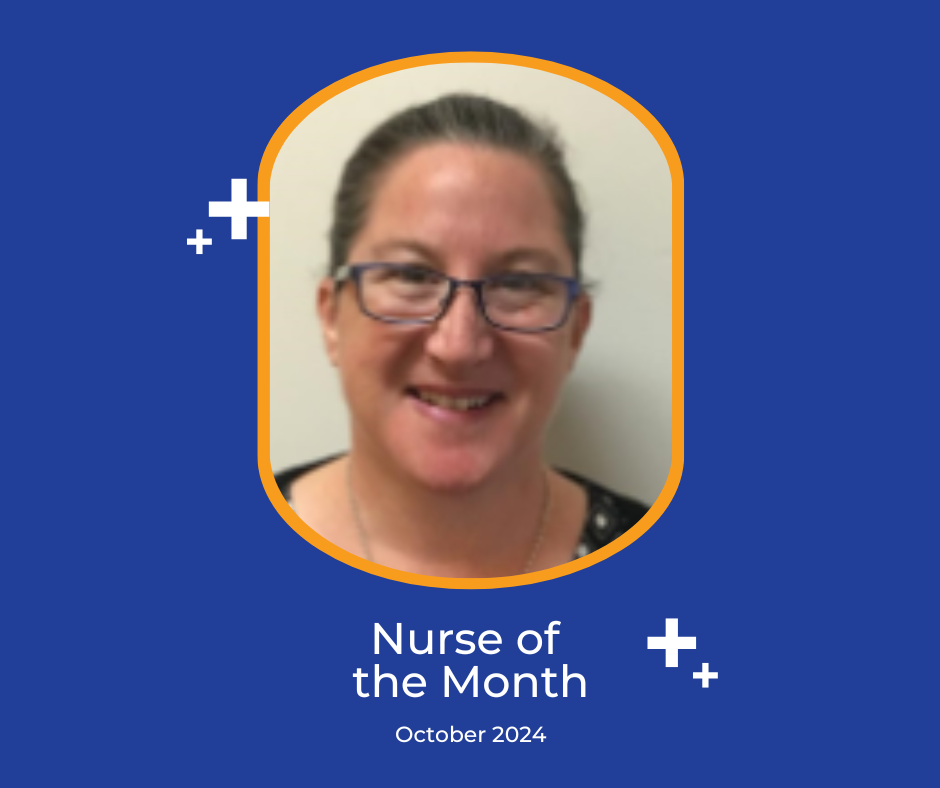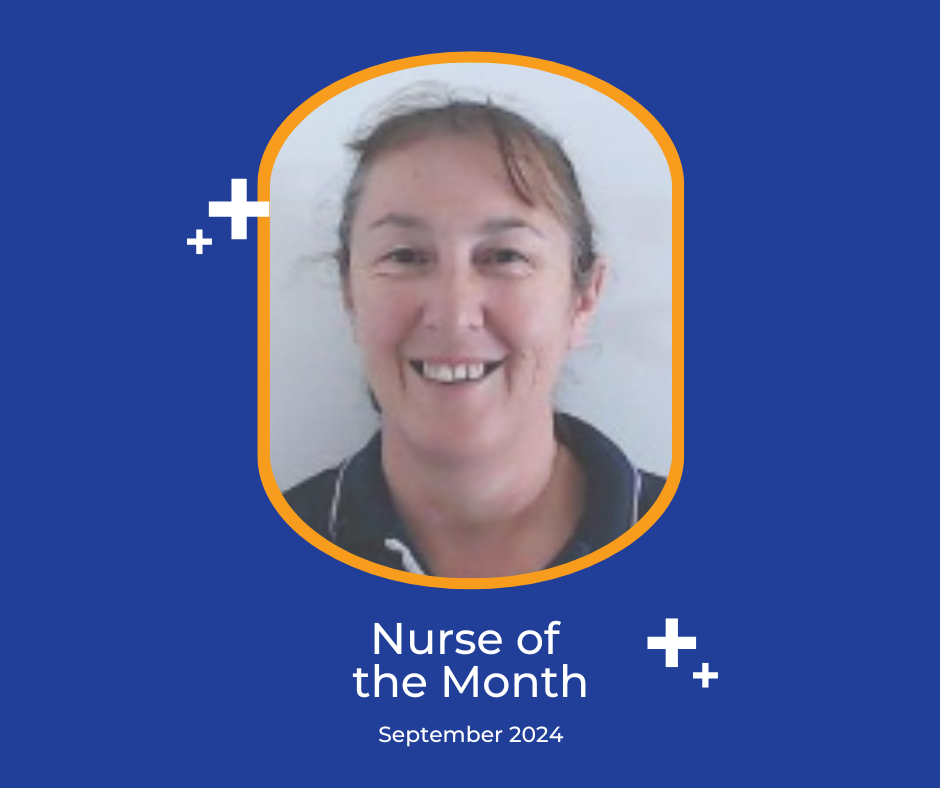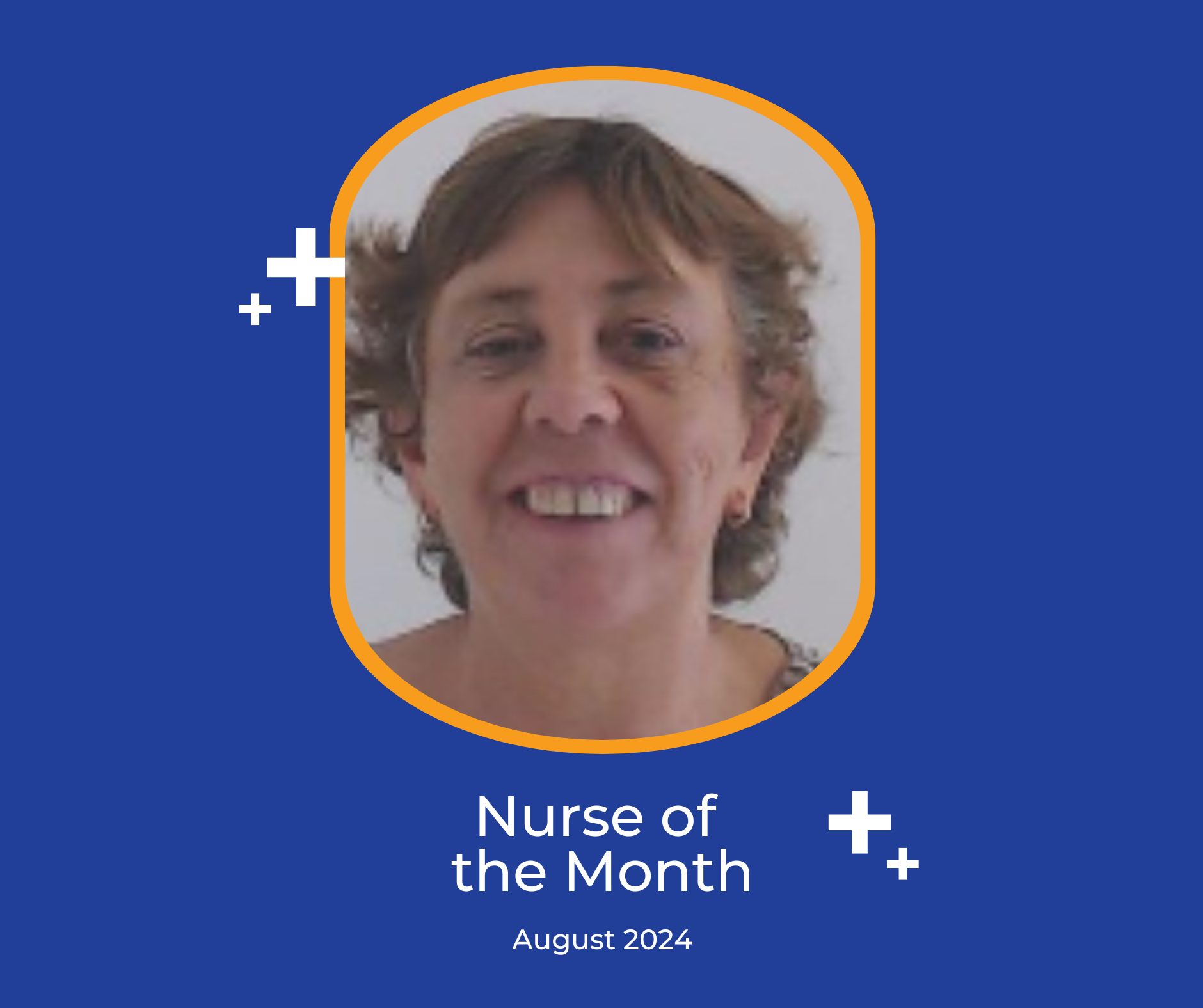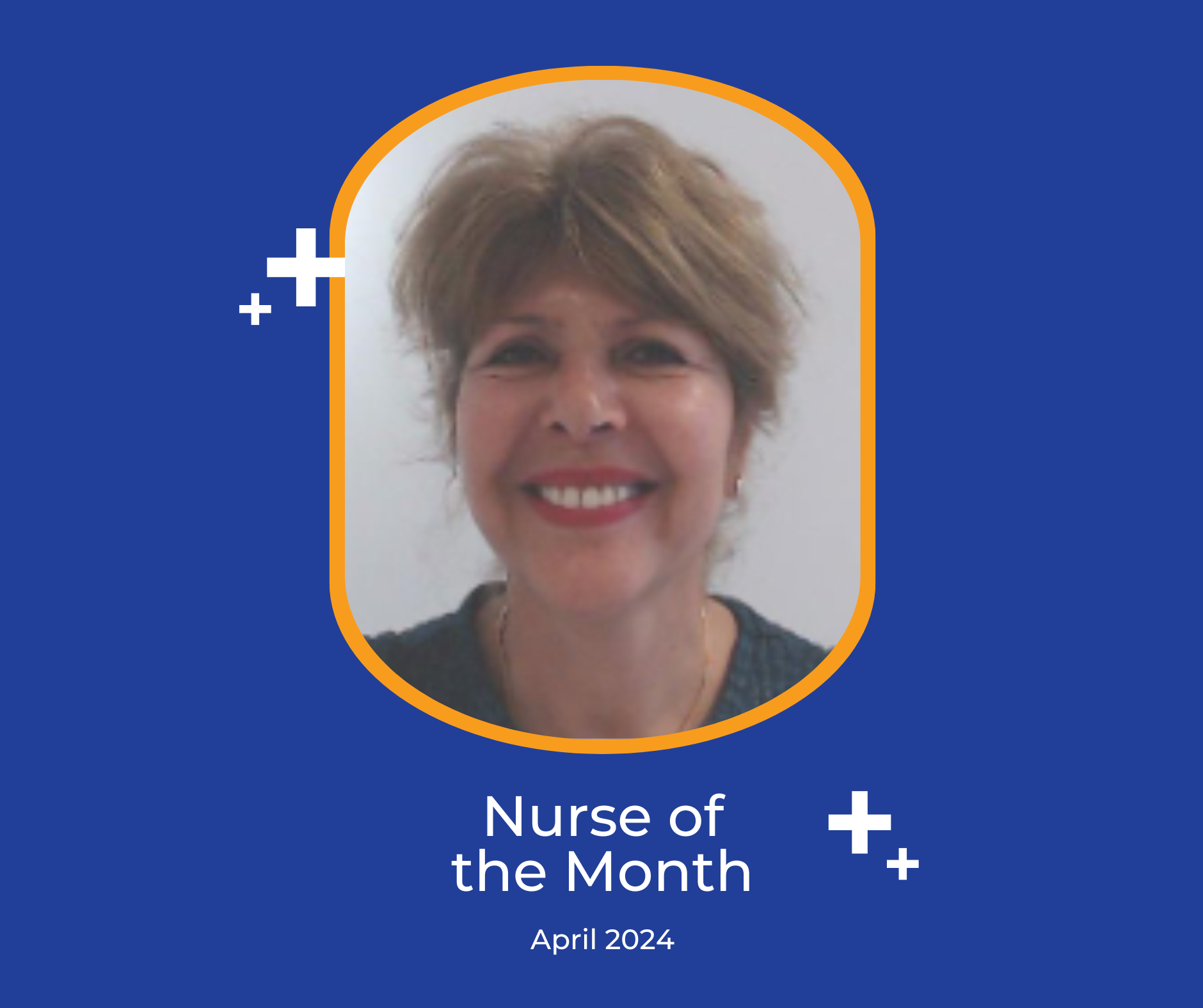How to Prepare for Your First Nursing Agency Interview
So after working as a registered or enrolled nurse for 12 months, you’ve decided you are ready for your next adventure - agency nursing. This type of casual nursing is likely different from what you’re probably been used to lately but Carestaff are here to help you quickly find your feet and earn some extra money. Here we will explore what you need to know to ace the agency interview and get started quickly. As you read this post, just remember, Carestaff Nursing Services are on your side. They want you on board and are incredibly excited you’re here so don’t hesitate to ask them any questions you may have.
Ensure your resume is current and tailored to agency nursing
As you’ve been nursing your tail off for 12 months, your resume likely needs updating. Not a big deal and nowhere near as tricky or daunting as it may seem. Here are quick points to remember whilst you make the necessary updates;
●Are your contact details correct?
○Is your name spelled correctly and present at the top of the first page?
○Is your home address, phone number, and email address correct? As the interview will likely be via the phone, these details are critical to get right.
●How long is your resume?
○It should be no more than 2-3 pages in length. It should be as short as possible and still convey your worth.
●What size font have I used?
○ Size 12 font is most common. You can use large fonts to emphasise your name but don’t be tempted to shrink the font in order to fit the detail onto fewer pages.
●What font type have you used?
○Times New Roman, Serif fonts, Cambria and Georgia are recommended. Choose one and stick to it. Avoid fancy, curly fonts.
●Have you used black text?
○Alternative text colours are unnecessary. If you want something to stand out, consider using bold, capilitise, or italic text instead.
Contact your referees prior to the interview to ensure they are prepared
Who should I ask to be my referees? How many referees should I provide? These are really valid and important questions to ask when preparing for a nursing agency interview. Typically, when applying for a nursing agency position, you need to supply two referees. These people should hold a position within the nursing field which is higher than you, think a Nurse Unit Manager (NUM), Assistant Nurse Unit Manager (ANUM), or Clinical Nurse Specialist (CNS).
Though you may have a good relationship with your previous boss at your part-time job during university, try and choose somebody who has worked with you more recently within the healthcare field.
The referees should;
●Have worked closely with you as a nurse within the last 2 years
●Be able to speak highly of you and articulate why you'd make a great agency nurse
●Be in a management/leadership position
●Be different from those you used on your resume when applying for a graduate nurse position
Once you have picked your potential referees, you need to ask them if they are happy to be listed. If they agree, which majority will ask them for their contact details (which you need to list at the bottom of your resume) and when is the best time Carestaff Nursing Services should make contact about your application. Again, if you have trouble choosing your referees don’t stress, Carestaff will help guide you on who is the most appropriate. You just need to ask.
Complete the Mandatory Nursing Documentation
Though the words mandatory documentation doesn't sound very interesting, you can’t do much in the nursing field without addressing them, unfortunately.
Here is a list of paperwork you’ll need to complete, and show evidence of completing, before you arrive at your agency nursing interview.
●National Police Check
○Chat to the Carestaff team about the most effective resource to use here.
●Nursing Registration
○Nursing registration needs to be paid to the Australian Health Practitioner Regulation Agency (AHPRA) board on an annual basis. This link provides details on how much you will need to pay. AHPRA will supply you with a card and registration documentation, bring these along with you to your interview.
●Continued Professional Development (CPD) hours
○Every year, in order to renew your registered or enrolled nurse registration, nurses need to complete a certain number of hours dedicated to learning more about the nursing and healthcare profession. This ensures your practice is up-to-date so your patients are receiving the best possible care.
○Though it’s not necessary for you to have completed all your hours before the interview, knowing where you’re up to (apps like Ausmed can help you keep track) and how you think you’re going to achieve them is a good idea to consider before the interview. This is not something you need to stress over though. Be honest and open with the Carestaff Agency during the interview if you don’t know. They have a partnership with the Australian Healthcare Academy (AHA) who offers a range of interesting and interactive courses which make the process simple.
Prepare Your Answers
Now you’ve got your paperwork sorted, start to think about your answers to the following questions/situations if they were to be asked;
●Your work experience
Where did you work throughout your graduate year? What skills did you learn which you deem relevant to agency nursing?
●Qualifications
Have you completed any special training such as a First Aid certificate, Basic Life Support, Advanced Life Support, cannulation, or trauma management which you deem would be useful in obtaining particular shifts with Carestaff?
●Work rights in Australia
If you are a registered or enrolled nurse from a county other than Australia - welcome! We’d love you to work with us but we need to ensure you are legally permitted to. Bring along any relevant documentation such as your visa and sponsorship to your interview so we take a good look.
●Mode of transport
Do you have a current driver's licence and a working car?
Your preferences
If you were to be employed by Carestaff Nursing Services when and where would you like to receive shifts? My tip is to be open to working morning, afternoons, weekends, and night shifts particularly in the beginning whilst you're developing relationships and learning how agency nursing operates.
In summary, Carestaff Nursing Services wants you on their team. Take the time now to prepare your resume, chat with your referees and be ready to answer the likely first question, “why do you want to be an agency nurse?”
We can’t wait to meet you and have you join our team at Carestaff Nursing Services!
Cheers,
Emma Smith
Registered Nurse












